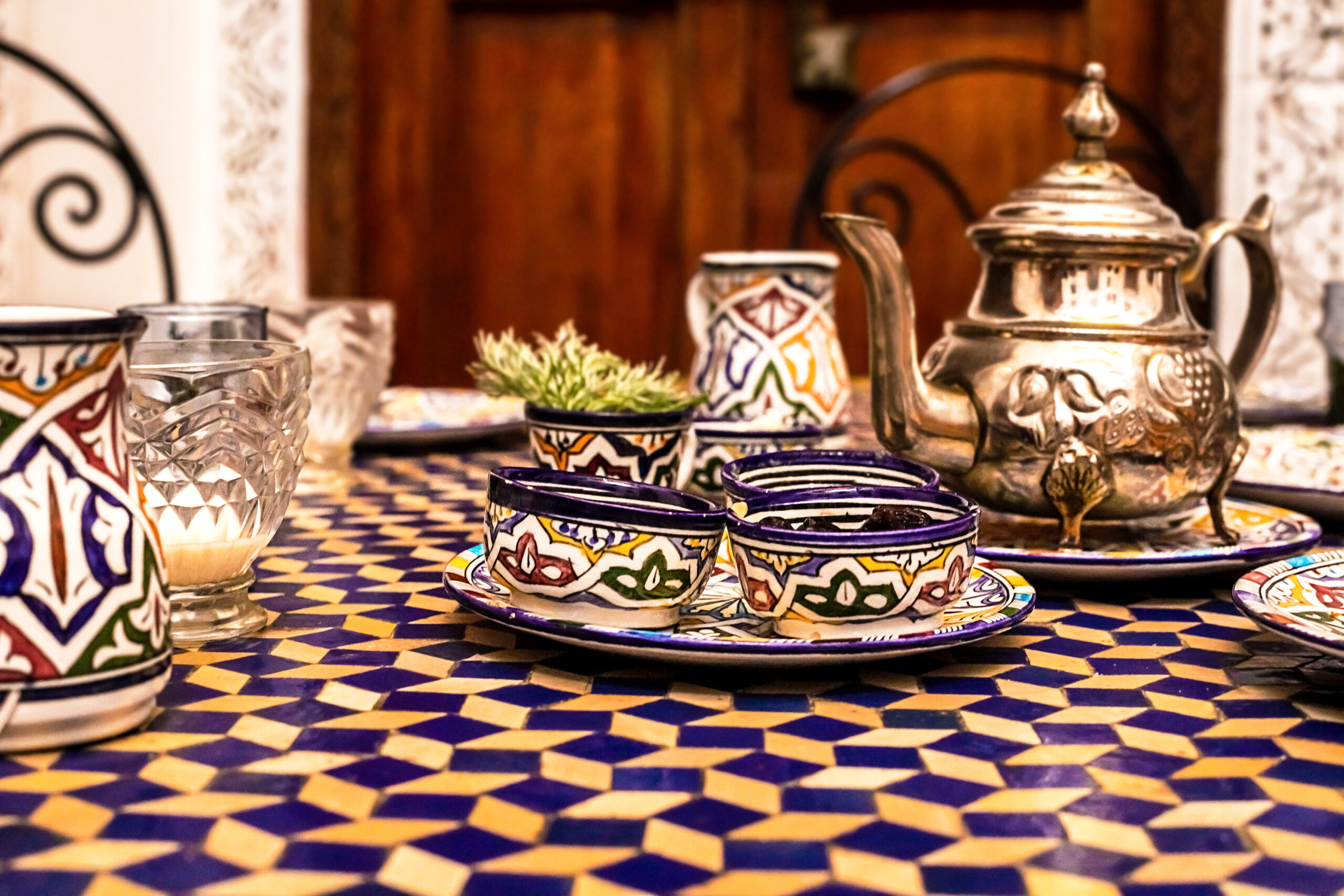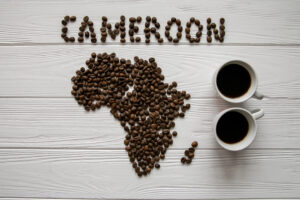
Africa is the birthplace of coffee, and its beans are prized for their vibrant flavors, distinctive profiles, and cultural significance. Coffee-growing regions across the continent, from the volcanic highlands of East Africa to the lush mountains of Central Africa, produce some of the world’s most sought-after coffees. Whether it’s the fruity brightness of Kenya’s beans or the floral notes from Ethiopia, each country adds its unique touch to the global coffee landscape. Among these, Cameroon stands as an emerging player, offering rich, full-bodied coffees that are slowly gaining international recognition.
Ethiopia: The Cradle of Coffee
Ethiopia holds the distinction of being the birthplace of coffee, with its history of cultivation and consumption going back thousands of years. Ethiopian coffees are celebrated for their diverse flavor profiles, which vary significantly depending on the region.

Yirgacheffe One of the most famous coffee-growing regions in the world, Yirgacheffe is known for its floral and citrus notes, often with a light body and bright acidity. These beans are frequently used in single-origin coffee to showcase their complex flavors.
– Sidamo: Another key region, Sidamo produces coffees that balance fruity acidity with rich body and sweet undertones of berries and stone fruits.
– Harrar: Coffees from Harrar are typically dry-processed and known for their bold, wine-like characteristics, with a complex mix of chocolate, berry, and spice flavors.
Ethiopian coffee often stands out for its clarity and complexity, with each cup offering a glimpse into the country’s rich coffee heritage.
Kenya: Bold and Bright
Kenyan coffee is renowned for its powerful flavor and high acidity. Grown in the high-altitude regions around Mount Kenya, the country’s beans are often considered among the best in the world due to their consistency and quality.
– Flavor Profile: Kenyan coffee is known for its bright, tangy acidity, often accompanied by deep fruity notes like blackcurrant, grapefruit, or red berries. These coffees typically have a full body and a rich, wine-like character that makes them perfect for those who enjoy bold flavors.
– Processing: Kenya’s well-organized cooperative system emphasizes wet processing, which helps create the clean, bright flavors that the country’s coffee is famous for.
Kenya’s commitment to quality control and meticulous grading system ensures that its beans consistently meet the highest standards, making it a staple for coffee enthusiasts worldwide.
Cameroon: A Hidden Gem in Central Africa
Cameroon, located in Central Africa, is a relatively underappreciated coffee-growing nation that is starting to gain more attention in specialty coffee markets. It offers a rich diversity of both Arabica and Robusta beans, primarily grown in the country’s western highlands, where ideal conditions such as high altitudes and volcanic soil contribute to excellent flavor development.
– Arabica Coffees: Cameroon’s Arabica beans, grown at higher elevations, are known for their full body and lower acidity compared to other African coffees. Flavor profiles often include nutty, chocolatey undertones with subtle hints of fruit and spice, offering a more rounded and smooth cup.
– Boyo Coffee: A standout in Cameroon’s coffee scene, Boyo coffee is produced in the northwest region and has been making waves for its quality. It is characterized by deep, chocolatey notes, often accompanied by a sweet, creamy finish and hints of caramel or dried fruit.
While Cameroon’s coffee industry is still developing, its potential is immense. More international buyers are beginning to recognize the distinctiveness and quality of Cameroonian beans, positioning the country as an emerging player in the global coffee scene.
Rwanda: The Land of a Thousand Hills
Rwanda, despite its small size, is a powerhouse in African coffee production. Its mountainous terrain and volcanic soil create the perfect environment for high-quality Arabica beans.
– Flavor Profile: Rwandan coffee is known for its clean and bright acidity, often with notes of citrus, red fruits, and subtle floral hints. These coffees are well-balanced, with a smooth body and a tea-like finish that many coffee lovers appreciate.
– Impact of Washing Stations: The introduction of washing stations in Rwanda has greatly improved the consistency and quality of the country’s coffee. Wet processing enhances the clarity of flavors, making Rwandan beans highly sought after in specialty coffee markets.
Rwanda’s coffee industry is marked by resilience and innovation, and the country continues to build its reputation as a top producer of specialty-grade coffee.
Tanzania: Coffee from the Slopes of Kilimanjaro
Tanzania’s coffee, often grown on the slopes of Mount Kilimanjaro and Mount Meru, shares some similarities with Kenyan coffee but has its own distinct character.
– Peaberry Coffee: Tanzania is particularly known for its peaberry coffee, a natural mutation where only one round bean develops inside the cherry instead of two. Peaberries are often regarded as more flavorful and intense, with concentrated notes of bright fruit, chocolate, and spice.
– Flavor Profile: Tanzanian coffee is medium to full-bodied, with lively acidity and fruity notes, often with a berry or wine-like sweetness. It can also exhibit hints of black tea, which adds to its complexity.
Tanzania may not have the same global recognition as some of its East African neighbors, but its coffee is growing in popularity, especially among fans of peaberry beans.
Burundi: The Small Nation with Big Flavor
Like Rwanda, Burundi is a small country with a rapidly developing coffee industry. Coffee is a vital part of the economy, and the high-altitude farms produce beans with an exceptional balance of acidity and sweetness.
– Flavor Profile: Burundi’s coffee offers bright acidity with a range of fruit-forward flavors, including citrus, peach, and berry, often with floral undertones. These coffees are typically light-bodied but complex, with a crisp, refreshing finish.
– Wet Processing: Burundi’s coffee industry relies heavily on wet processing, which helps enhance the clean and nuanced flavors that have become a hallmark of its beans.
Though still gaining recognition in international markets, Burundi’s coffee has earned a reputation for quality, often compared favorably to Rwandan and Kenyan beans.
Conclusion: African Coffees – A World of Flavor and Tradition
African coffees are among the most distinctive and exciting in the world. Whether it’s the floral complexity of Ethiopia, the bold fruitiness of Kenya, or the smooth, chocolatey richness of Cameroon, each country offers its unique contribution to the global coffee landscape. For coffee lovers, Africa is a treasure trove of diverse and complex flavors, reflecting the continent’s rich agricultural traditions and its deep connection to coffee culture.
As more coffee drinkers explore beans from Cameroon and other rising African nations, the future of African coffee is brighter than ever, with an increasing focus on sustainability, quality, and fair trade practices. Every cup of African coffee tells a story—one of history, culture, and the boundless possibilities of this beloved beverage.